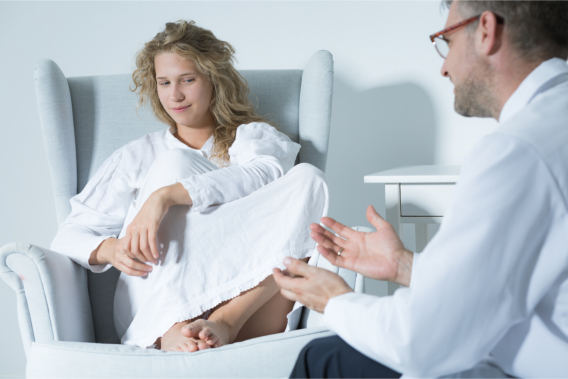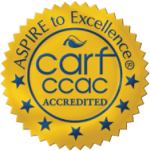
Mental health is a hot topic on the Internet nowadays. There is a clamor for mental health awareness and intervention. Of all the mental disorders being talked about, depression is the most common.
Depression itself is categorized into several other disorders. Here are some examples from the 5th edition of the Diagnostic and Statistical Manual of Mental Health Disorders.
- Major Depressive Disorder
A person with major depressive disorder experiences a depressed mood most of the day or nearly every day. They lose interest in activities, gain or lose a significant amount of weight, have difficulty sleeping, and feel fatigue. They also feel worthless or guilty, lose concentration, and have recurrent thoughts of death. All of these can occur in a two-week period.
- Dysthymia
People with persistent depressive disorder or “dysthymia” experience symptoms similar to major depressive disorder. It is also called “double depression” since it lasts for 2 years or more.
- Premenstrual Dysphoric Disorder
This kind of depressive disorder only affects females. Those diagnosed with this disorder experience similar symptoms with that of a major depressive disorder. A diagnosis may be warranted only if the female experiences one or more symptoms a week before the onset of her period.
- Substance/Medication-Induced Depressive Disorder
People who have this disorder experience a prominent and persistent disturbance in mood due to the medications or substances they take. There should be evidence from physical examinations that the mood disturbance developed because of substance abuse. This type of depressive disorder needs immediate treatment from professionals.
If you know someone with the symptoms of a substance/medication-induced depressive disorder, refer them to mental health professionals at a teen treatment center in Los Angeles.
Depression must be taken seriously. You should not neglect your mental health regardless of your age.
Teen Depression is a center where you can get teen depression treatment in Los Angeles, California. It also provides teen OCD treatment in Los Angeles. If you know someone who wants to learn more about mental health or is seeking help from professionals, get in touch with us at 888-226-0766.




Leave a Reply